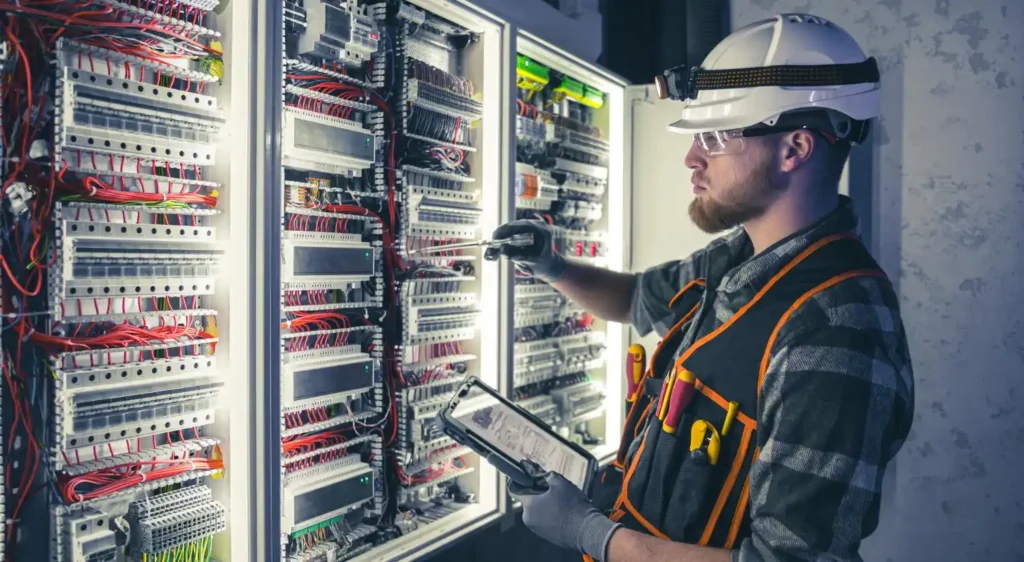Most of us have felt the heat of this endlessly warm summer. So you’d be forgiven for missing the landmark announcement from the Competition Markets Authority (CMA) recommending that heat networks be regulated, with this oversight provided by Ofgem.
This major milestone is the result of an intensive market study which found that not all heat network customers receive the levels of service expected of a utility provider.
Introduction of regulation will be a significant change for the industry and, while this may be a surprise to some, at SSE Enterprise we actively welcome this development. Regulation can bring certainty to the industry, improving design standards to increase reliability, delivering enhanced and secured standards of customer service to make sure that investors’ returns can’t come at an undue expense to customers.
The call for regulation should not distract from the industry’s simultaneous successes. We have already worked proactively to drive up standards for heat network customers, establishing the Heat Trust customer protection scheme and publishing a Code of Practice to set out minimum design and build standards. In fact the call for regulation is complementary to the success of these voluntary schemes which, although positive developments, haven’t been taken up across the entire industry.
Regulation will ensure that all heat suppliers have to guarantee customer protection as well as designing and constructing schemes to ensure long term reliability and efficiency.
Regulation can only deliver real customer benefits if it is proportionate and targeted at the right areas. A positive first step would be rolling out the already established Heat Trust Scheme nationally, extending its protections to all customers by making it mandatory. This would be a simple way to give confidence to investors by building pragmatically on the best practices currently out there. Conversely, overly severe regulation runs the risk of stifling the market and investors’ appetite, putting an end to all of the industry’s progress.
The opportunity to develop a suitable regulatory framework provides the opportunity to advance the industry and benefit customers. The new regulator, whoever they are, must work with industry participants so it can deliver a market that works for all – especially the customer.
